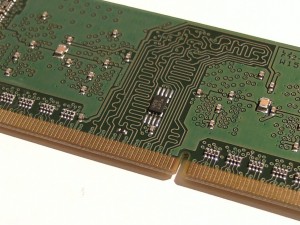Si4463 Wireless Library: A Wireless Communication Solution for AVR and Arduino
This is a library for the Silicon Labs Si4463 wireless IC, which has been used in (or will be used in) some of my projects. The Si4463 offers various configuration options, including modulation, data packet format, and CRC algorithm, and can output up to +20dBm (100mW) of power. Additionally, the Si4463 is also used in many pre-made modules, such as the HopeRF RFM26W and the Dorji_Com DRF4463F. The entire Si446x transceiver series should also be compatible with this library.
This library allows users to configure the chip to send and receive variable-length data packets (up to 128 bytes) and trigger callback functions when events occur (such as receiving new data packets and completing data packet transmission). These callback functions run directly from the interrupt routine, making the program’s response to events much faster than with polling libraries.
Download from GitHub
Documentation
Pinout
| Si4463 | ATmega328 | Arduino Uno | Arduino Mega | Description |
|---|---|---|---|---|
| VCC | 3.3V | 3.3V | 3.3V | Power (3.3V) |
| GPIO0 | – | – | – | – |
| GPIO1 | – | – | – | – |
| SDO | B4 (18) | 12 | 50 | SPI MISO |
| SDI | B3 (17) | 11 | 51 | SPI MOSI |
| SCLK | B5 (19) | 13 | 52 | SPI SCK |
| NSEL | B2 (16) | 10 | 10 |

